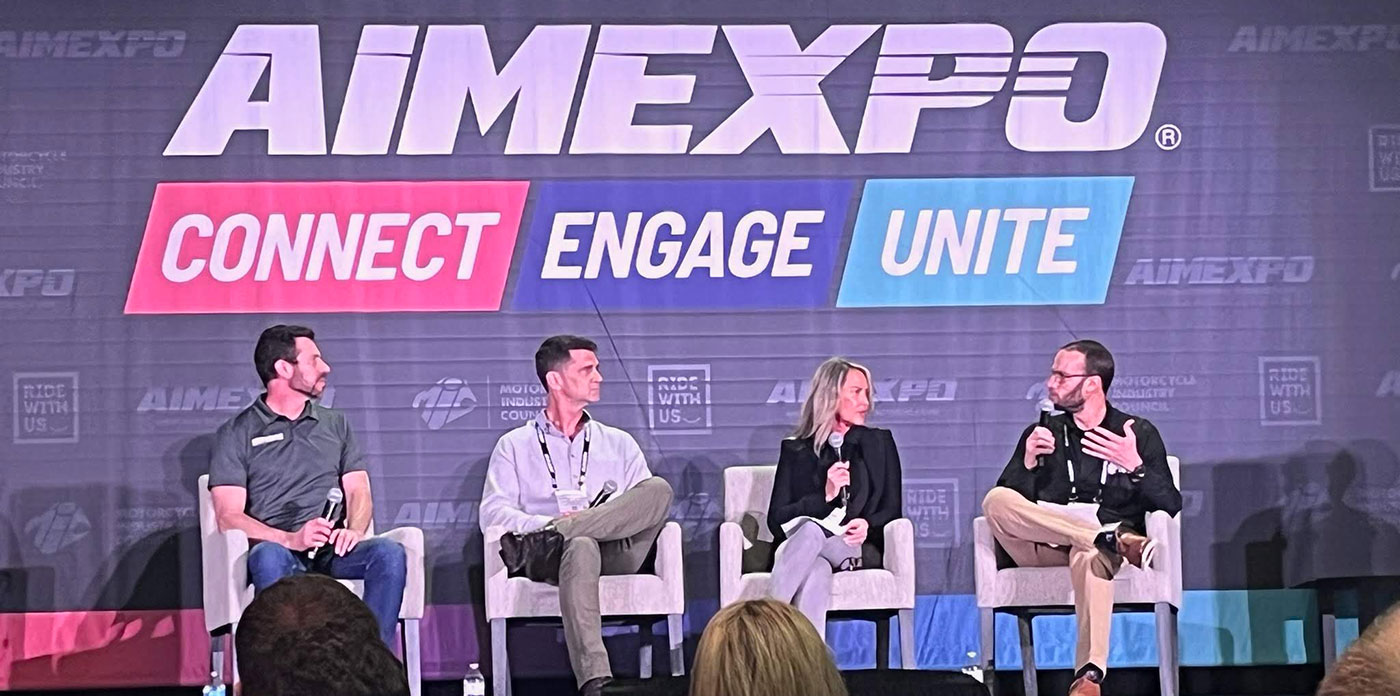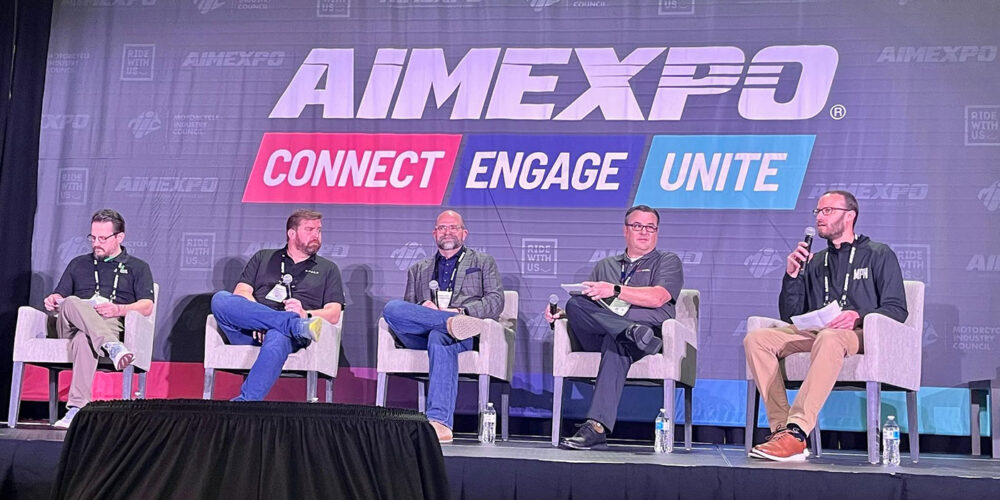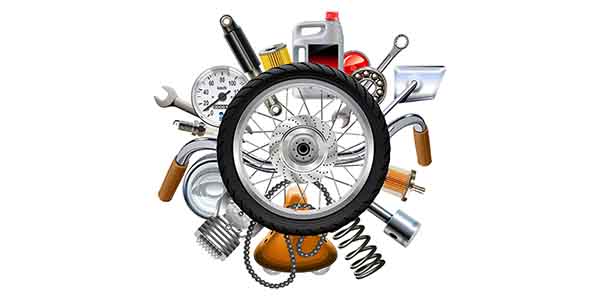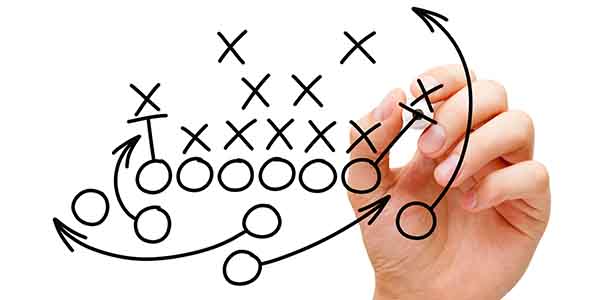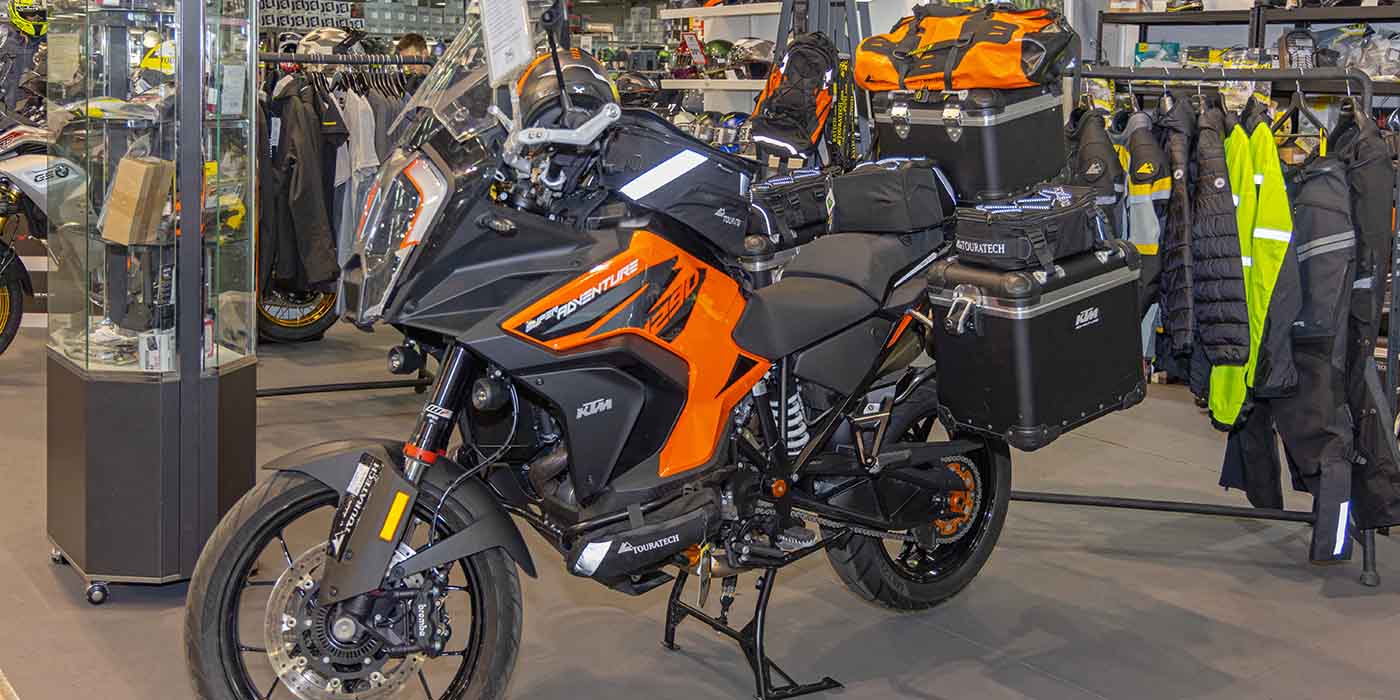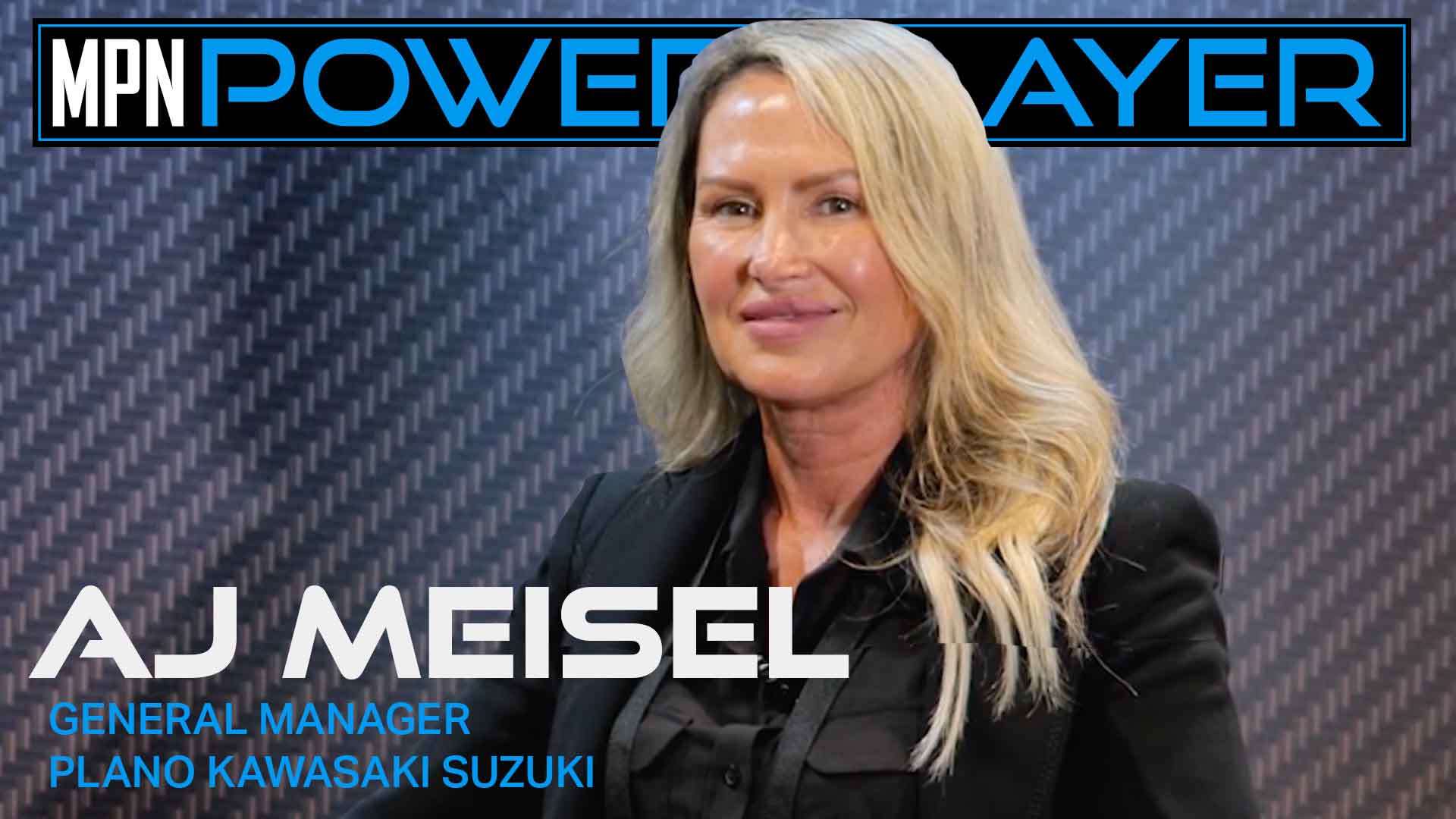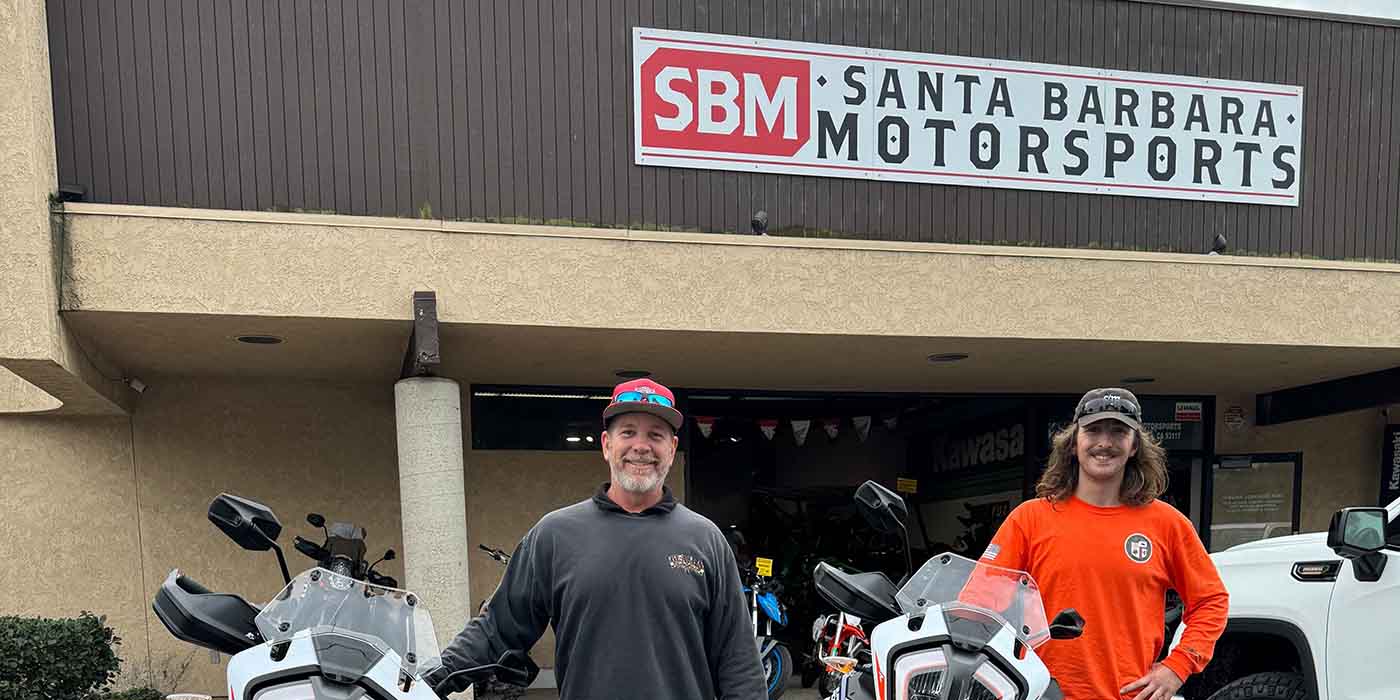I’ve noticed something about myself that is somewhat troubling. It appears that I’m dead. Okay, perhaps not officially dead in the sense that my heart has stopped beating, and I’d certainly like to head-off the comments of those who know me stating that I am brain dead. However, the problem is that a part of me seems … well, dead. Dead to panic, dead to excitement in tense situations and dead to inappropriate reactions in place of response.
No, this isn’t a bad thing. On the contrary, it’s actually a good thing in most instances. However, it is very notable in that I used to be the over-reacting type – jumping to conclusions, prematurely reacting to situations and running like a frightened hen at every sign of distress.
All of us, after a certain amount of time in business, tend to develop a deadened sense of panic when dealing with catastrophe. When we encounter many fires that need to be put out daily, we tend to get good at firefighting. After some time, we begin to find ourselves responding to issues rather than reacting; We become better suited at handling adversity; we remain calm in situations; and, ultimately, we gain the ability to listen to customers’ problems and respond with better solutions. This deadened sense of panic is, perhaps, the most important step in the development of any business owner/manager.
One observation that I have made is that there is little separation between business life and social life. What we learn in business, we tend to apply to our personal lives. Likewise, we learn things in our personal lives that apply to business, (see my previous columns on burying the cat and buying pizza for examples). In most cases, this is a good thing. We grow from one area of life and apply that growth to the other areas. Again, in most cases this chain of maturity proves to be positive. In some cases, however, this can prove highly ineffective in terms of survival.
Flight sense is actually a very good protective mechanism in many instances. Horses, for example, will run from anything that they see. I once had a Missouri Fox Trotter that would spook each and every time I rode him past a certain row of round hay bales. Mind you, the hay was stacked in the same place every year. The horse had seen them for five years, had grazed next to them, had eaten from them and yet, every time we rode past, he would come completely unglued, leaving me hanging on for dear life! But because of this freakish nature, horses have survived the wildest conditions and have evaded the most vicious predators for thousands of years, relying solely on their choice of flight over fight. (It is my experience that this same application also works well for avoiding bar fights, though you’d be hard-pressed to find a horse in a bar).
Last fall, I was made aware of the dangers of deadened flight reflex as I attended the annual Yamaha Dealer Convention at the Gaylord Palms resort in Florida. I was minding my own business, just finishing my trek through the lunch line, when the fire alarm sounded. With plate in hand, I slowly raised my attention from the selection of Mrs. Vicky’s chips to see the commotion around me. There were blinking strobe lights, people running in all directions, waiters and waitresses directing guests to back stairwells, a loud siren and a recorded voice informing the world that “an emergency has been reported … please exit the building quickly.”
In this day and age cluttered with news headlines of terrorist attacks and recent bomb threats, you’d think that I would have run like a prissy school girl in a dodgeball game. Hell, I would have expected that of myself. Realistically, if there had been a huge fire or a bomb in the building, flight is the one reaction that would have perhaps saved me. Instead, the heightened sense of security and self-reliance kicked in (read deadened sense of rational fear), and I made the only choice that a seasoned business veteran could make. I selected my drink and made my way to the nearest table.
As I pulled out a chair, a waitress looked at me with huge eyes and asked, “are you going to set that here and leave?” I looked at her with a slight pause before replying, “No, I was going to sit down and eat.” She was shocked. I don’t remember her exact words, but I can tell you that they were less than friendly. Obviously she wanted out, and with a guest still lingering, she felt she had to stay.
I reluctantly grabbed a roll of silverware and my plate from the table and calmly walked to the exit in the back of the building. When I arrived in the parking lot, I pulled up an ant-infested piece of curb and commenced a nice picnic lunch. Looking around, I noticed that several other people had done the same. In hindsight, I can only assume that they too were dealership owners, forever dead to the panic emotion and concerned only with enjoying the lunch that they had selected.
On my way back into the building, after the all clear had sounded, a waiter jokingly asked me if my lunch was so good that it was worth my life, to which I calmly responded, “No, but if I’m going to die, I’d just as soon do it on a full stomach.”


